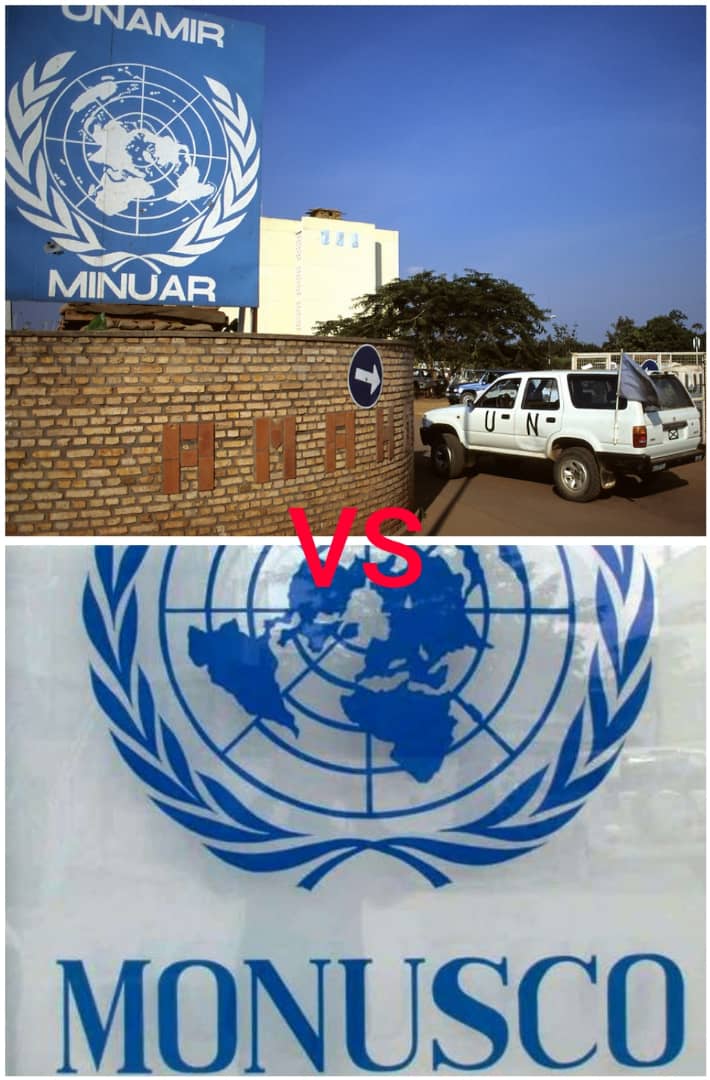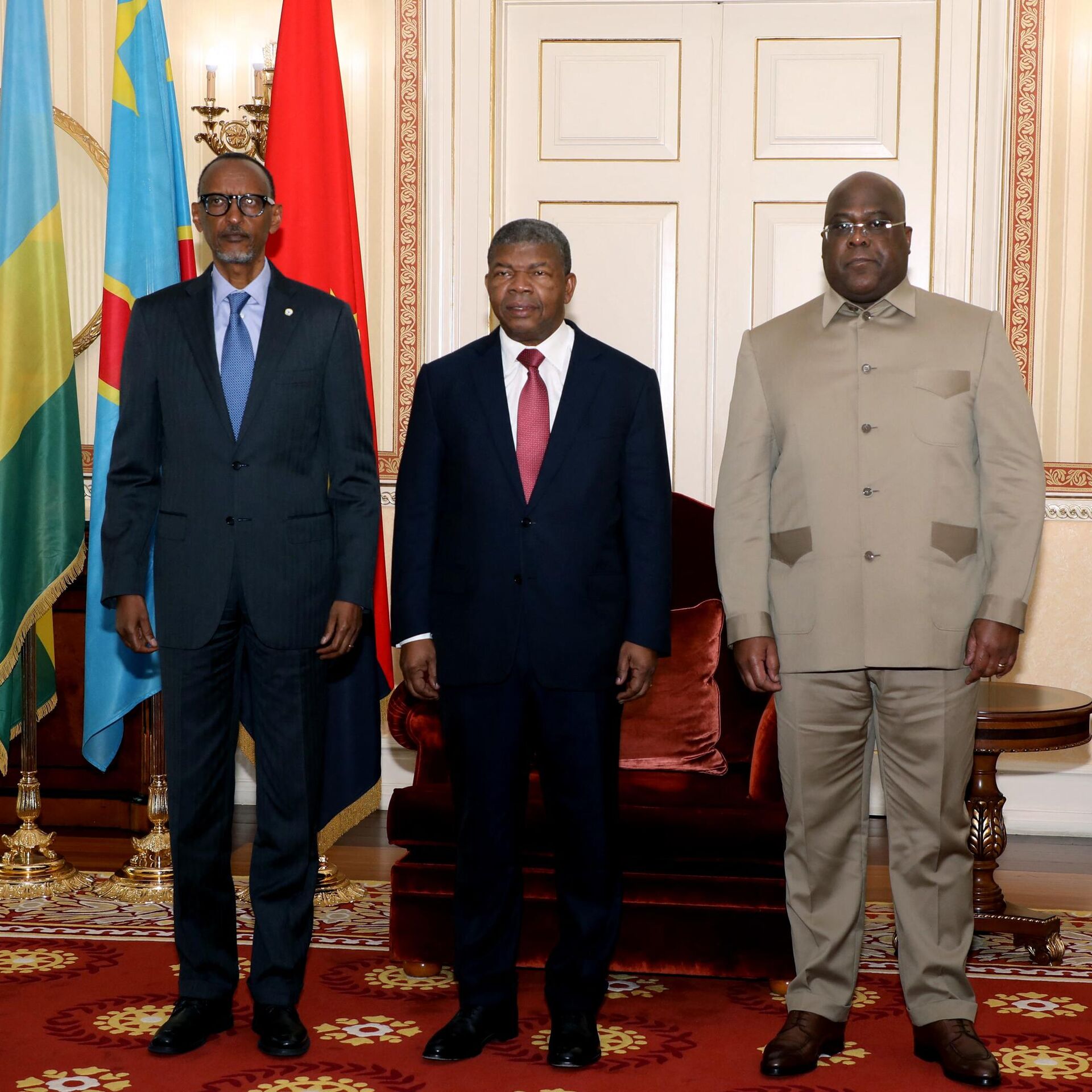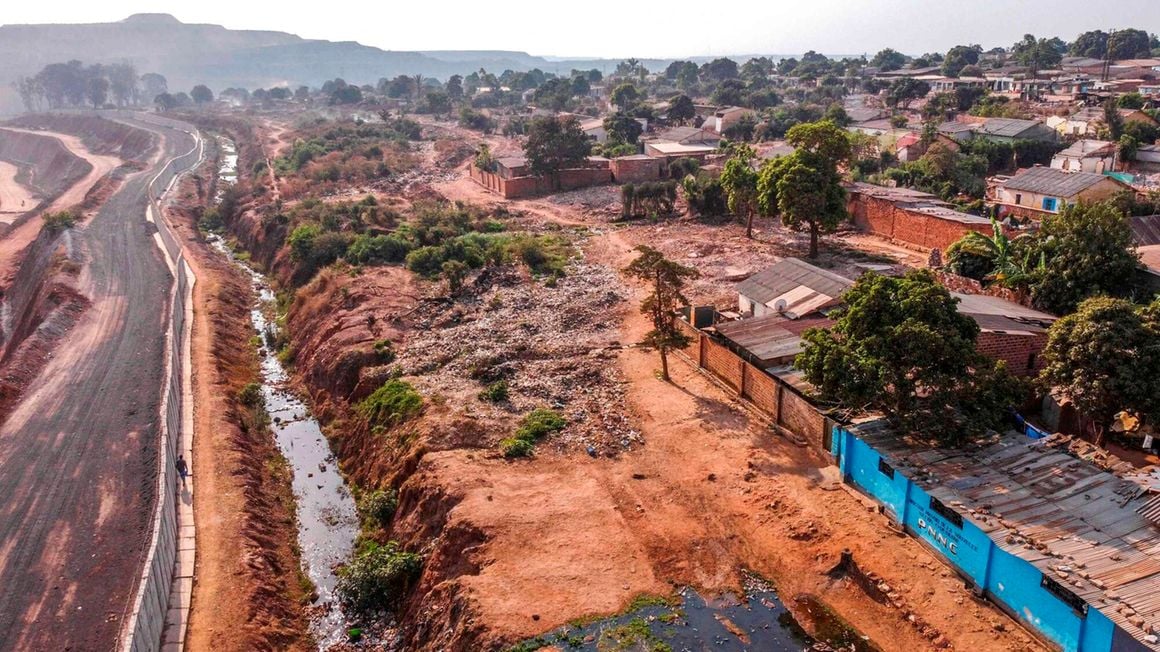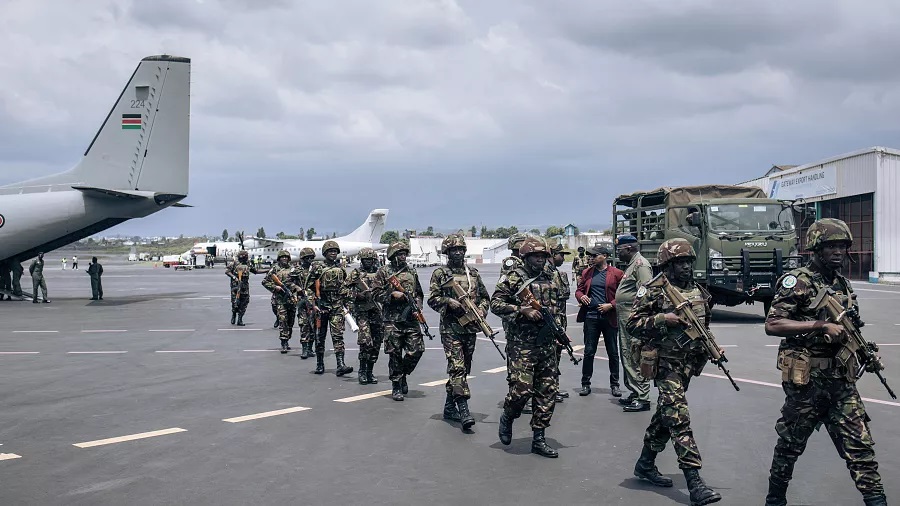Regional
DRC: Will M23 rebellion be duped, again?
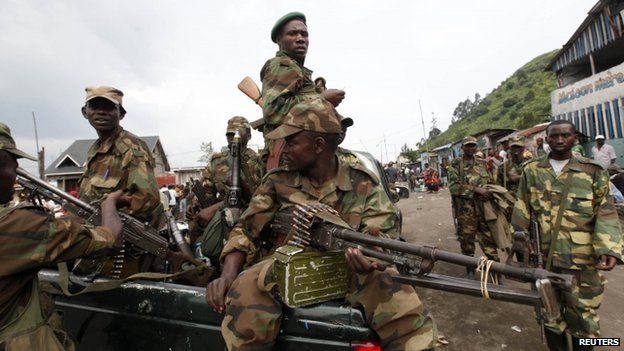
The
UN Security Council on Tuesday, November 22, demanded immediate cessation of
hostilities and a halt to any further advances by the M23 rebel group as well
as its withdrawal from all occupied areas in the Democratic Republic of Congo.
In a
press statement, the 15-member council condemned the resumption of attacks by
the M23 in North Kivu and their advances towards the city of Goma and other
areas in the country, blaming the rebels for "worsening security and
stability in the region and exacerbating the current humanitarian
situation."
These
demands – and sometimes, threats and recommendations – are not entirely new.
Four days earlier, in a communiqué issued by the office of the East African
Community facilitator of the Nairobi peace process, former Kenyan President Uhuru
Kenyatta, on November 18, it is noted that in agreement with President Paul
Kagame, there was need for M23 rebels to cease fire and withdraw from captured
territories.
The
announcement came following speeches by Congolese leaders including government spokesperson,
Patrick Muyaya, and President of the National Assembly, Christophe Mboso Nkodia,
who never cease to put verbal pressure on the M23 to leave territories they
captured.
Where
will these rebels go once they withdraw? This is the question Congolese leaders
keep evading. Will the rebels leave their home country and go back to refugee
camps in exile and, hopelessly, wait for Kinshasa to honor the peace agreements
it failed to implement more than 10 years ago? Or, will the EAC effectively urge
the Congolese government to fulfill the peace treaties both parties signed?
Uhuru
answered the third question during his visit in DRC, on November 15. He
insisted that his delegation will not dictate to Kinshasa what to do or tell
them what is needed to be done but rather, will help facilitate and bring peace
between the armed groups – specifically M23 – and the Congolese government.
But
there are more questions. Are the M23 really the root cause of insecurity in
North Kivu? And why is neighbouring Rwanda so often scapegoated for everything
going wrong in DRC? Or, why does the UN system evade the real issues?
The
main reason why peace is likely to
remain elusive in that part of DRC is that the recommendations often put
forward by the international community disregard the root cause of problems in
the region. The M23 rebels have, on several occasions, professed their commitment
to continue fighting for the rights of Kinyarwanda-speaking Congolese who, for
the last 30 years, have suffered violence and eviction from their ancestral
lands. Many were forced into neighbouring countries where they live as
refugees.
Kinshasa,
in the past, signed a number of peace agreements with M23, aimed at finding
lasting solutions to the insecurity in the country’s volatile east. But the government
lacked the political will to respect the treaties.
The reoccurrence
of M23 attacks in late 2021 and the capture of Bunagana in June 2022, was the
outcome of the Congolese government’s failure to respect the 2013 Nairobi
Declarations it signed with the ex-M23; the agreement the Congolese Government
signed with ex-M23 living in Rwanda and the joint implementation roadmap on
their voluntary repatriation, on October 2019, and the agreement Kinshasa also signed
with the Makenga faction of the rebels, in April 2022.
There
is still no sign of optimism that the Congolese government will honor the peace
agreements. It has branded the M23 as a terrorist group it will not meet for
talks. But the security council reiterated its support for regional efforts
"to rebuild trust, resolve differences through dialogue and find sustainable
peace and security."
The M23
rebellion’s broad agenda includes ensuring that the Congolese Tutsi community can
live and enjoy the same rights as other Congolese citizens.
Addressing
the media after holding discussions with Uhuru, on November 14, Mboso said: “The
M23 is a terrorist group. We don't negotiate with terrorists, to negotiate with
terrorists you have to set conditions. Lay down arms and leave the territories (they)
occupied illegally.”
Muyaya
repeated the same words on November 15, following the meeting devoted to the
evaluation of the withdrawal plan of the UN mission in DRC.
“With
regard to the M23 terrorist movement, our position is clear and it is known: no
negotiation with the terrorists. There will be no negotiation with the
terrorists until the withdrawal from the occupied localities. We stand by this.”
These
were followed by the cancellation of the inter-Congolese peace dialogue earlier
expected to convene on November 21 in Nairobi as Kinshasa government
declined to engage with the M23 rebels.
Congolese
leaders also continue to allege that Rwanda is supporting the rebels,
accusations Rwanda denied on numerous occasions stating that the war between
DRC and M23 rebels is an internal problem that should be solved by Kinshasa and
the rebels.
Tshisekedi’s
refusal to sit on a negotiation table with the M23, and his government’s failure
to address root causes of the conflict while making Rwanda a scapegoat to his
country’s internal problems, complicates, or worsens, an already very bad situation.
This
a warning sign for the M23 rebels to remain alert, stick to their guns, and not
be duped again.


